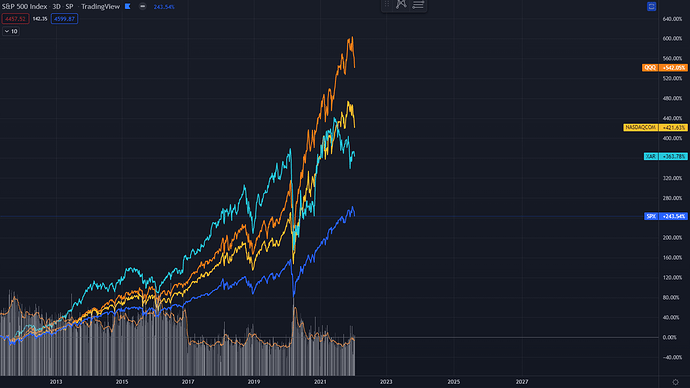One of my friends who is a student of knowledge told me that his teachers taught him a mantra when approaching any matter:
“taqwa (ie. God-consciousness) before fatwa” (the designation of something being halal / haram).
There’s an authentic (sahih) hadith where the Prophet (PBUH) says,
“Leave that which makes you doubt for that which does not make you doubt.” - Sunan an-Nasa’i 5711; In-book reference : Book 51, Hadith 173
Basically, when in doubt, stay out.
I believe the issue is more broadly not in investing in weapons per se. But in how they are used. Guns, just like kitchen knives, aren’t necessarily bad in and of themselves. It’s how they are used which is the point of controversary.
It’s not unlike investing in a drug manufacturing company. If you know that those drugs will be used to help people, that’s amazing, go for it if the financial screens are ok.
But if you know that company has a reputation / tendency to push those drugs onto drug dealers, then you would probably want to err on the side of caution of not investing in such a company as your investment may be doing society more harm than good.
Going back to the issue at hand, I believe it is investing in American (or other foreign companies) that manufacture weapons / technology for militaries, specifically militaries that have brought about overall harm to innocent people.
The U.S. military has such a track record. You can read more about that here.
The U.S. military too often fails to effectively investigate civilian deaths and injuries in its operations around the globe…Military investigators have dismissed or ignored important sources of evidence from outside the military, and risk missing vital information about their operations if they continue to do so, the groups said.
Most religions, cultures, and nations also invest in the alcoholic beverage industry. It doesn’t make it right.
The issue isn’t with having a military, but in what that military does. Investing in companies that enables a corrupt military is problematic.
And yes, this is ultimately a political discussion, but one that cannot be ignored when discussing weapons / defense stocks.
I would think that the defense for military stocks stems from missing out on good returns. I would go so far as to say that you don’t need the military in your portfolio.
This is a chart showing the S&P500 (SPX), XAR (a top performing military / aerospace ETF), NASDAQ, and QQQ. This is as far back as the data goes for all of these. I did not conveniently select the timeframe to make a point.
I’ll end with this authentic (sahih) hadith:
“Verily, you will never leave anything for the sake of Allah Almighty but that Allah will replace it with something better.” - Musnad Ahmad 22565
May Allah give us the wisdom to invest what is best for both our societies and our pockets. May Allah bless you all!
